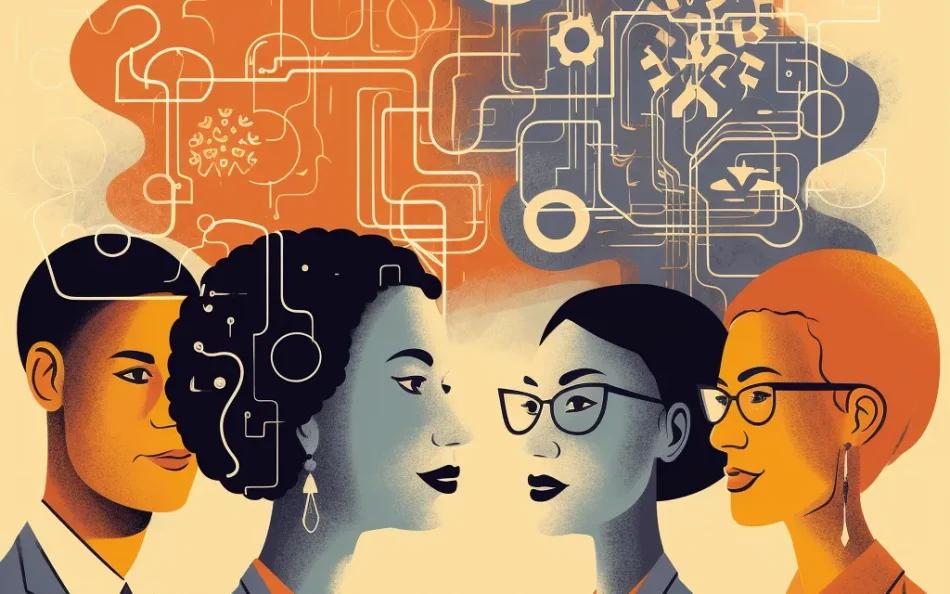As AI is reshaping the enterprise landscape, integrating social intelligence in HR practices is not just a trend, but a necessity. Social intelligence, the capability to understand and navigate interpersonal relationships, is a transformative resource that allows HR professionals to optimize their strategies and foster a conducive, harmonious, and productive organizational environment.
Social intelligence is instrumental for HR in comprehending and addressing the diverse needs, happiness, and expectations of employees. It serves as a beacon, directing HR in establishing environments that promote employee well-being and satisfaction. By leveraging insights from social interactions within the organization, HR can develop nuanced understandings of the workforce’s pulse.

A crucial application of social intelligence in HR is assessing and enhancing employee happiness and expectations. Analyzing communication patterns and sentiments enables HR to gauge employee contentment and anticipate their needs and aspirations accurately. This insight-driven approach allows the formulation of customized strategies to boost morale and create a positive and inclusive organizational culture.
Moreover, social intelligence significantly enriches management follow-up processes. It ensures that leadership remains attuned to employee feedback and concerns, fostering open and transparent communication channels within the organization. This responsiveness ensures that managerial decisions are well-informed, considerate of employee insights, and conducive to a collaborative workplace.
Social intelligence is also a linchpin for successful employee onboarding. It aids HR in designing personalized onboarding experiences that align with the preferences and requirements of new hires, facilitating their seamless integration into the organizational ecosystem.

Additionally, social intelligence plays a pivotal role in enhancing employee engagement. It provides HR with the tools to create engaging and meaningful employee experiences, fostering a sense of belonging and commitment among the workforce. Increased engagement, driven by social intelligence, leads to improved employee performance, reduced turnover, and a more vibrant organizational culture.
To sum it up, integrating social intelligence in HR practices is a game-changer. It is the catalyst for creating workplaces where employee happiness and engagement thrive, crises are preemptively resolved, management is empathetic and responsive, and onboarding is a welcoming journey. By embracing social intelligence, HR can truly become the architect of a flourishing and enlightened organizational culture.
